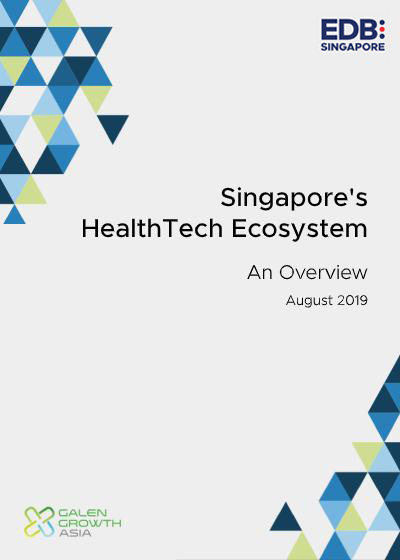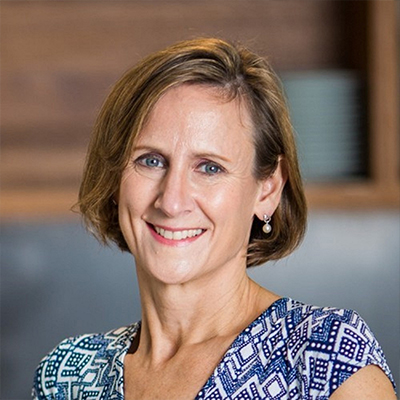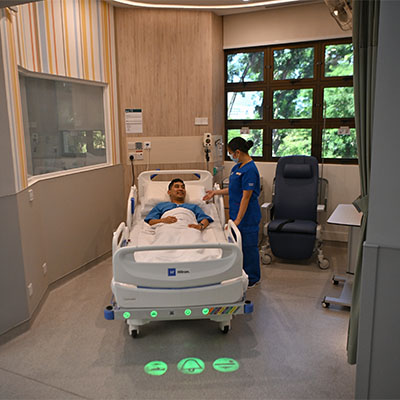Every so often, a fundamental shift occurs in healthcare that completely revolutionises the way it is planned and delivered. When CT scans, antibiotics, or transplants first reached health systems, they transformed the nature of medicine, and improved the outcomes patients would come to expect. The next revolution in health is coming, and Singapore is pioneering it.
That revolution is personalised healthcare - a reimagining of medicine so that it becomes focused around the patient, rather than around their condition. Treating an illness has traditionally meant following a set pathway. But no two patients are alike. Their medical history, their home and work lives, their treatment preferences and their genomics can all vary wildly. Even the same illness can vary from person to person: the DNA change found in one individual's cancer might not match the same cancer in someone else.
However, personalised medicine looks to harness that variety and use it for the benefit of patients. By gathering and analysing data on all those variables that affect each individual and their condition, personalised healthcare enables physicians to develop treatment approaches that are designed specifically around a particular patient and their unique needs.
MEASURING READINESS
Today, Singapore is the leader in personalised healthcare, according to the Personalised Healthcare Index for Asia-Pacific supported by Roche, a multinational healthcare company, which measured the readiness of 11 health systems in the region to adopt personalised healthcare.
Given the potential benefits that personalised healthcare offers, it is perhaps no surprise that all 11 locations have made progress towards adoption. However, while Taiwan, Japan and Australia all ranked well, Singapore stands out as the region's trailblazer, and the country with the highest level of personalised healthcare readiness throughout the region.
Moving from a traditional medical model to a personalised healthcare approach will require innovation across a number of areas: from how information is gathered by healthcare professionals to the devices consumers use, to the policies governments and healthcare decision-makers put in place. Despite the scale of the challenge ahead, Singapore has already become the most advanced country in Asia-Pacific (APAC) in preparing for personalised healthcare.









